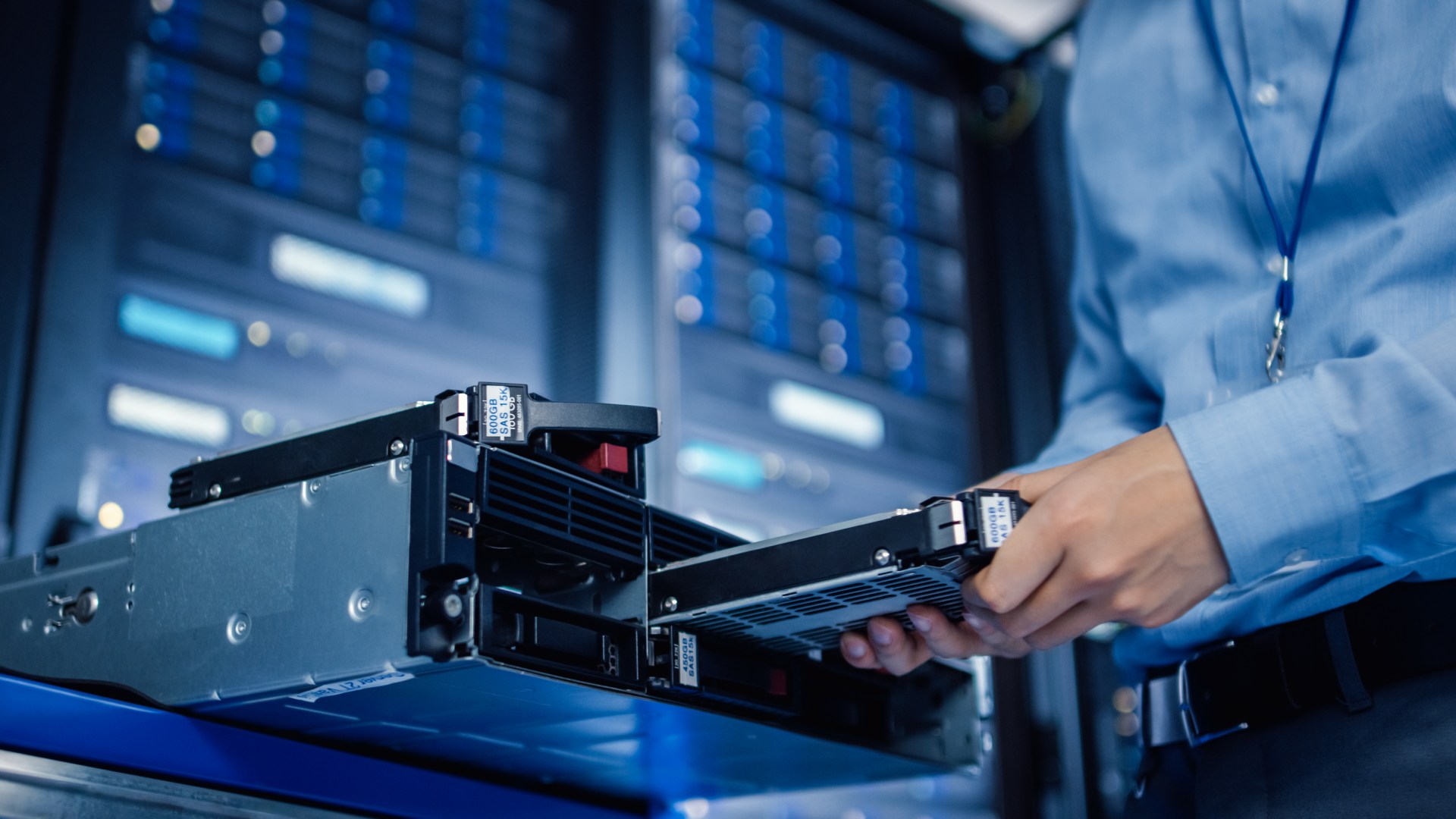Colocation remote hands services refer to the provision of IT support and maintenance for businesses that use a third-party data center to host their IT infrastructure. This article will outline what businesses should consider when assessing colocation remote hands services.
Advantages of using colocation remote hands services
The advantages of using colocation remote hands services include scalability, reliability, expertise, and cost-effectiveness. Here is some more detail on each of these points.
Scalability
Using colocation remote hands services enables businesses to add additional servers and equipment without having to worry about managing and maintaining them.
Reliability
In the real world, when basic operational tasks are kept in-house, it’s very easy for them to end up being treated as a low priority. By contrast, when they’re outsourced to a managed IT service, they are literally guaranteed to be done promptly. This is crucial for keeping business infrastructure running smoothly.
Expertise
Colocation remote hands services provide businesses with access to a team of experts who can manage and maintain their IT infrastructure. This includes trained technicians who can diagnose and fix issues, as well as perform routine maintenance tasks.
Cost-effectiveness
Colocation remote hands services can often be more cost-effective than building and maintaining an in-house IT infrastructure. This is because data centers can spread the cost of expensive equipment and facilities over multiple customers, resulting in lower costs for each individual customer.
Challenges of using colocation remote hands services
While using colocation remote hands services can provide businesses with a number of benefits, it is important to carefully consider the challenges involved. Here is a guide to the key potential drawbacks you need to consider.
Communication
Communication between businesses and their remote hands service provider can sometimes be a challenge. It is important to choose a data center and remote hands service provider that offers clear and responsive communication to ensure that any issues are resolved in a timely manner.
Technical limitations
Technical limitations can sometimes arise with colocation remote hands services, particularly if the data center is not equipped to support specific hardware or software requirements. Businesses must carefully consider the technical capabilities of a data center before choosing a remote hands service to ensure that their systems are fully supported.
Loss of direct control
When you use colocation remote hands services, to a certain extent, you’ll be working on their schedule. The vast majority of the time, this is unlikely to be an issue. In fact, it may even be a benefit. For example a colocation remote hands services provider will make sure that regular work is actively scheduled to ensure it’s done.
Where this can fall down, however, is if you need something done quickly. Even if your service agreement allows you to make urgent requests, they may still not be completed right away. If you ran your infrastructure in-house, by contrast, you could just deploy a staff member immediately.
With that said, this does, of course, assume that you had a staff member ready to deploy. That might not be the case. Also, reputable remote hands services providers such as DataBank get their reputation by consistently delivering the highest levels of service. In practical terms, that generally means if they can do something, they usually will.
Cost Management
In short, it’s vital that businesses are totally clear about what is and isn’t included in their contract. Likewise, they need to be clear on what additional charges they may incur under what circumstances. If this isn’t clear then businesses can end up spending a lot more money than they expected.
Factors to Consider When Choosing a Colocation Remote Hands Service
Choosing the right data center and remote hands service, businesses can ensure that their systems are always up and running, and that they have access to the support they need to succeed. Here are the four key factors you should look at.
Support for hardware and software
Ensure that the data center has the expertise to support your specific hardware and software requirements. Ideally, they should be able to continue to support you as your business develops.
Uptime guarantees
It’s highly unlikely that any colocation remote hands service provider will ever guarantee 100% uptime. It should, however, be willing to go very close. This demonstrates that they are confident in their ability to keep your IT infrastructure up and running.
Customer Support
The effectiveness of customer support is partly a matter of practicality and partly a matter of quality. The practicalities are availability and response time. For some businesses, language support may also be important. Quality is subjective but customer reviews and/or test phone calls are often reliable indicators of it.
Cost
Raw cost is likely to be a factor for most businesses, although it may not be the most important one. Also, you should be clear on the pricing structure and the process for exiting/changing your contract.
Related Resources
What Is A Colocation Data Center?
Five Advantages of Colocation for High Performance Computing
What Is Edge Colocation?
Colocation Amenities




